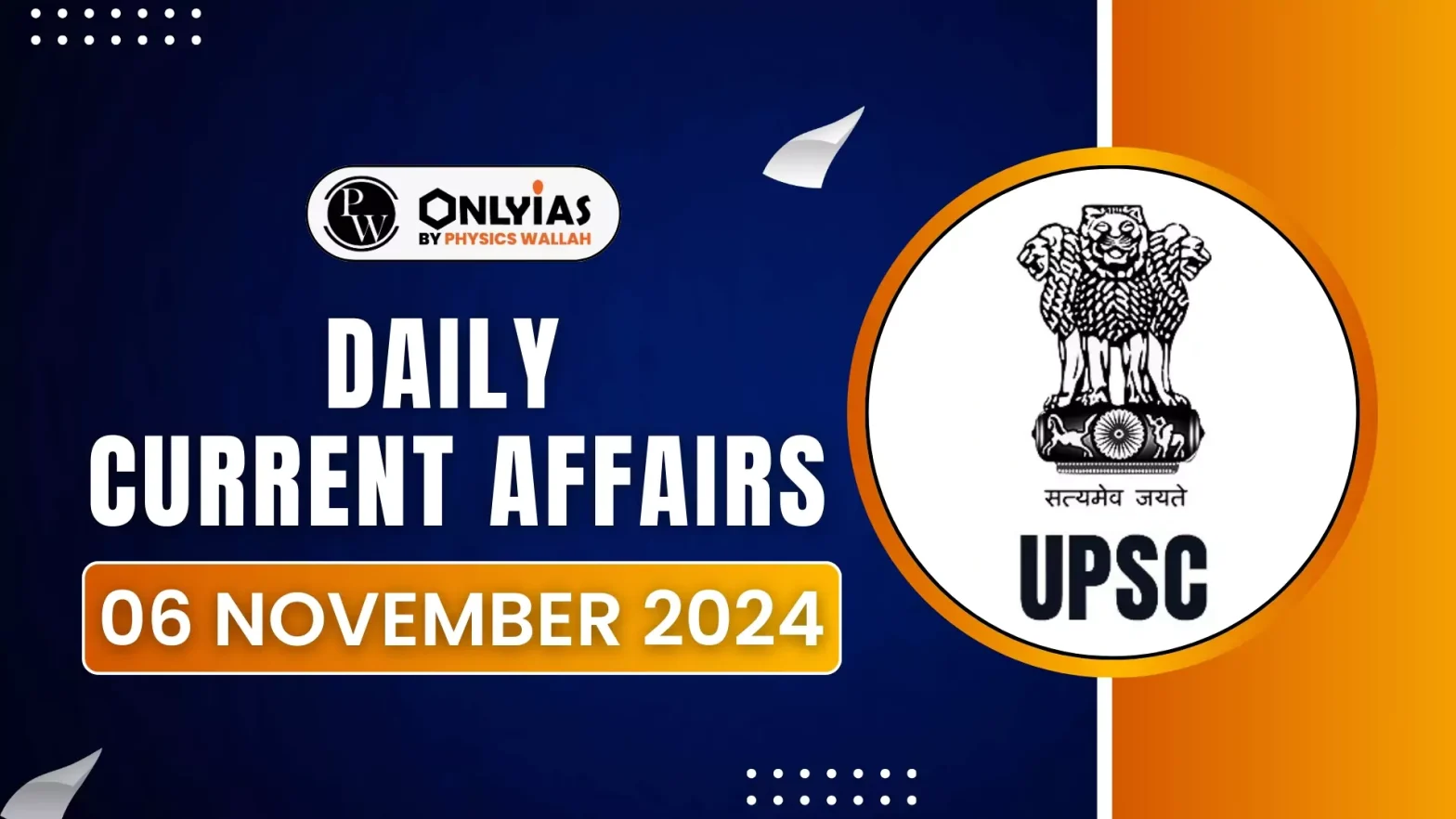A three bench Chief Justice of India upheld the constitutional validity of the Uttar Pradesh Madrasa Education Board Act, 2004 with exceptions regarding higher education provisions.
Key Highlights of the Judgement
- Validation with Limitations : The Act was upheld for primary and secondary madrasa education but declared unconstitutional for higher education provisions at Fazil (undergraduate) and Kamil (postgraduate) levels.
- Conflict with UGC Act: These levels intrude on Entry 66 of the Union List, which exclusively grants the Central Government control over higher education standards.
- UP Madarsa Act, 2004 : It was introduced to regulate madarsa education in UP, covering subjects like Islamic studies, Tibb, and Urdu.
- It established the UP Board of Madarsa Education, which oversees curricula, exams, and degrees Kamil and Fazil.
- Allahabad High Court Ruling: It Quashed the UP Madarsa Act, citing violations of Articles 14, 15, and 21-A, and a lack of secular education.
- The High court ordered the integration of madarsa students into regular UP schools.
- Response to Allahabad High Court’s Secularism Argument: The Court clarified that constitutional validity cannot be challenged solely on grounds of Basic Structure violations.
- For a law to be invalidated, it must clearly violate constitutional provisions related to secularism.
Enroll now for UPSC Online Course
State’s Right to Regulate Education
- The State can regulate madrasa education to ensure competency standards for students, allowing them to participate in society effectively.
- The Act allows the Madrasa Board to set curricula, teacher qualifications, and infrastructure standards without interfering in daily administration.
Minority Rights under Article 30
- Article 30 provides minorities with the right to establish and manage educational institutions, but this right is not absolute.
- The State can impose regulations to ensure educational standards while balancing minority rights.
Interpretation of Education under Entry 25
- The term “education” in Entry 25 of the Concurrent List has a broad meaning, covering institutions that offer both secular and religious education.
- Recognised madrasas primarily aim to educate, and thus fall under Entry 25’s scope.
Check Out UPSC CSE Books From PW Store
Secular Standards as per different Constitutional Provisions
- Article 21A (right to education) aligns with minority rights to administer educational institutions.
- Secular Standards: The Madrasa Board can set secular education standards without affecting the institution’s minority status.
- Religious Instruction (Article 28(3)): Article 28(3) protects students in minority institutions from being forced into religious instruction or worship if the institution is state-recognised or publicly funded.
![]() 6 Nov 2024
6 Nov 2024

